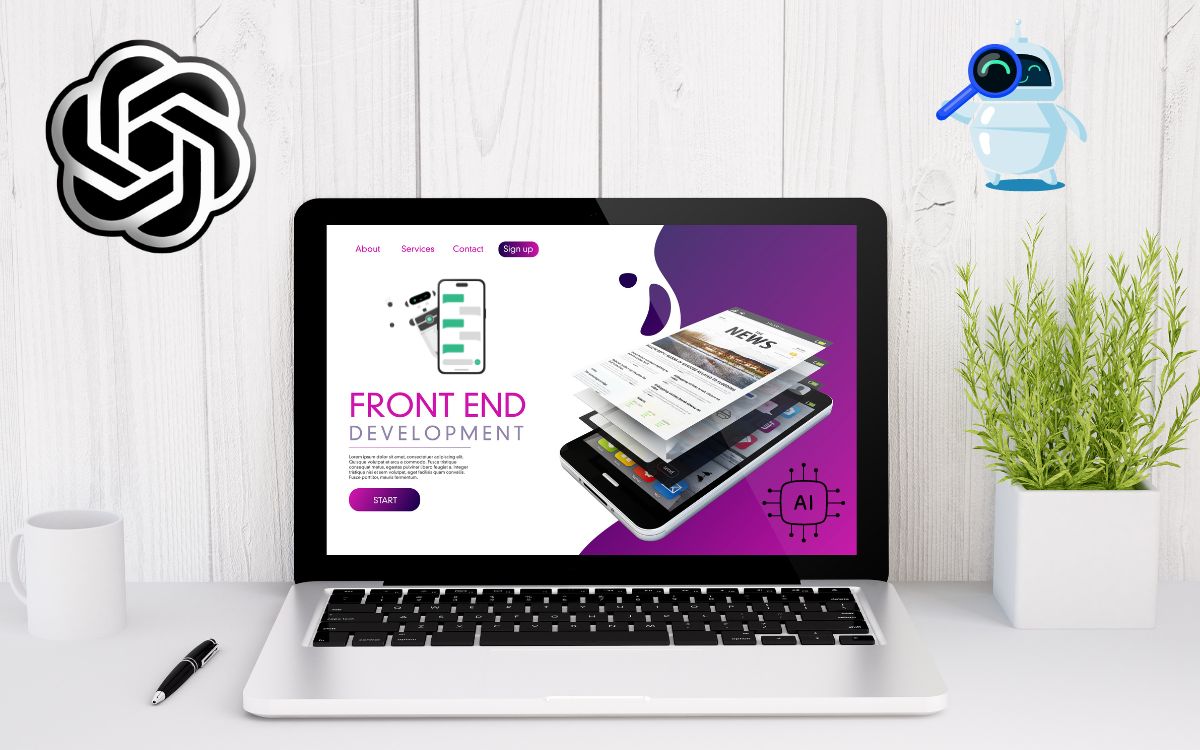Artificial intelligence (AI) has become one of the most significant technological advancements shaping our world today. In website design and development, AI brings exciting innovations that change how websites are created, managed, and optimized. As we move deeper into 2023, here are some key ways AI impacts website design.
Voice Search Optimization
One of the most extensive website design trends driven by AI is optimizing for voice search. The increasing fame of voice assistants like Amazon Alexa and Google Assistant has resulted in a greater number of individuals using spoken requests to explore the internet, as opposed to inputting search phrases through typing. This means websites need to be designed and written with voice search in mind.
Some best practices for optimizing websites for voice search include using natural language and conversational wording, structuring content clearly and succinctly, and using strategic keywords. AI can analyze website content and structure to identify optimization opportunities for voice search.
Personalization with AI
One major effect of AI on websites is the capacity to tailor unique experiences for each individual user. AI algorithms can monitor how website visitors interact with a site and learn their preferences. It can then serve up tailored content, product recommendations, special offers, and more for each unique user.
For example, e-commerce sites can use AI to study customers’ browsing and purchase history to predict what products they will like and dynamically display those recommendations. The result is an engaging, personalized experience. AI takes the guesswork out of understanding customers and gives them content tailored just for them.
Automated Website Creation
One of the most revolutionary applications of AI in website design is automated site-building. AI web creators like Wix ADI and Squarespace Answer provide technology that can instantly create entire websites just by asking users a few questions about their business and goals.
Rather than requiring extensive technical skills, these AI builders create professional, custom websites in minutes based on the information provided. They can incorporate features like intelligent menus, calls-to-action, and integrated booking or payment systems. This makes quality web design more accessible than ever.
Enhanced Website Maintenance and Management
Maintaining and optimizing a website requires significant time and effort. AI is stepping in to automate many of these tasks to make site management easier. For example, chatbots can handle basic customer service queries, freeing up humans to handle more complex issues.
AI site augmenters like TheGrid continuously monitor site performance and implement enhancements to improve page speed, SEO and drive more conversions. AI can also detect errors or layout issues in a site and notify webmasters to fix them quickly. These maintenance AI systems allow website owners to focus on business strategy while ensuring their site remains optimized.
The Future of AI in Website Design
As AI capabilities continue to evolve, we can expect to see even more sophisticated applications for enhancing website design. Generative AI like DALL-E 2, which can create original images and artwork based on text prompts, could soon help generate website graphics, layouts, and more.
Natural language processing will power AI copywriting tools that can automatically generate engaging website content. And unlocking the capabilities of quantum computing may bring website AI to unimaginable new levels.
One thing is clear – artificial intelligence will be the fundamental force driving website design innovation this year and beyond. Brands that leverage their capabilities early will have a major competitive advantage in our increasingly digital world.
